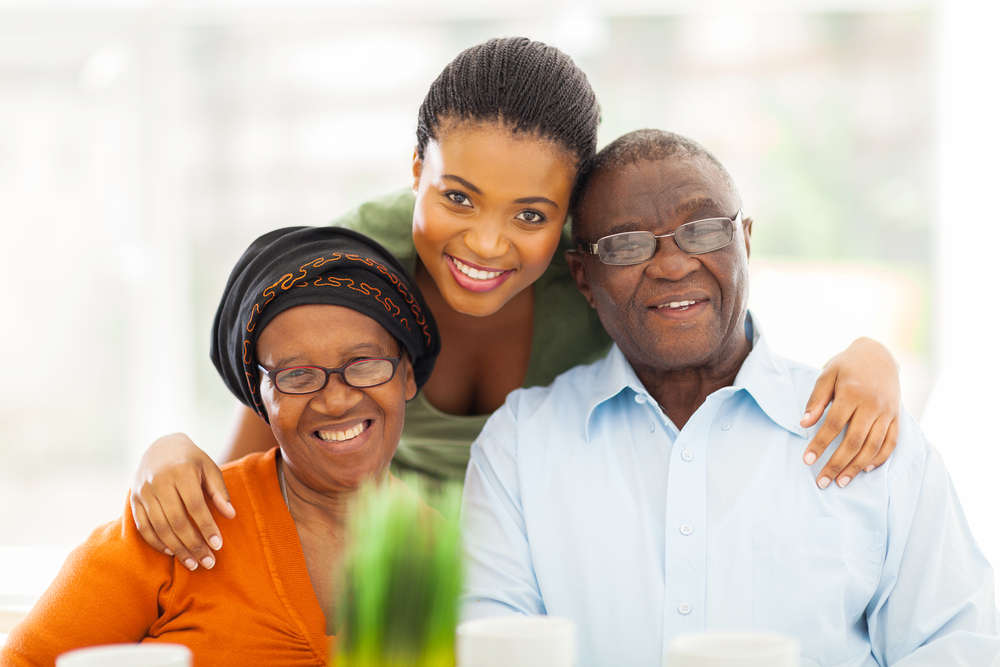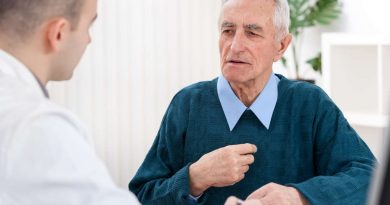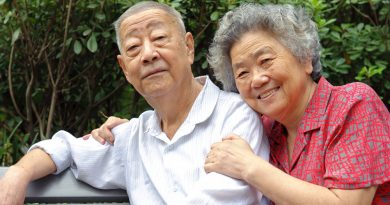Options for Grief Support after the Death of a Loved One

No matter how wonderful a hospice experience is and how well the patient and family members get along with the nurse, home health aides and other support staff of the program, there will still be grief to contend with during and following the experience. No matter who the person is, it is difficult to deal with a lifetime of memories and to realize that the end of life is near. Proper grief counseling and bereavement services can help family members and friends get through this time and instead focus on the amazing life of the individual who passed away.
Bereavement Support for Loved Ones
Because everyone has unique needs when it comes to processing grief, it is important that there are also unique bereavement services that apply a variety of individuals. One common option is counseling with the help of a licensed grief counselor. These counselors have the tools needed to discuss a variety of emotions with the individual, such as sadness, depression, anger or even frustration. They will teach the individual coping mechanisms for dealing with grief on a daily basis and will help individuals see how strong they really are to have gone through something so huge and survived.
A second option is the support group. While counseling is normally a one-on-one or a family experience, support groups allow people who have never before met to bond together over their shared grief. Some support groups apply to specific categories of people, such as those who have lost a spouse or those who have lost a child. Attending this type of group regularly will help people realize that they are not alone and that others are going through the same issues that they are. Additionally, many people make lifelong friends in these groups or find someone farther along in the grief process who can mentor them.



